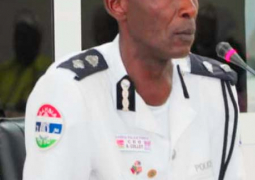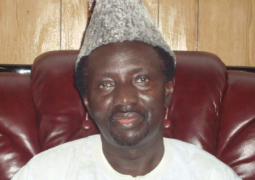The outcome of Sunday’s run-off presidential election in neighbouring
Though the final results are yet to be announced by the Senegalese electoral commission, President Abdoulaye, who sought for a controversial third term, is reported to have admitted defeat.
Senegalese voted in former prime minister Macky Sall, who is seeking the presidency for the first time, as the country’s new president, after a keenly contested second round of voting in which opposition candidates rallied behind Sall to challenge Wade.
With this move, the people of
Translated in plain terms, the victory shows that the majority of Senegalese were fed up with the leadership of outgoing President Wade, who was widely criticized for his third term bid.
Once again, the people of
And on polling day, the Senegalese people willingly and openly entrusted former prime minister Macky Sall, seen in many quarters as someone who owes his political career to Mr Wade, with the custody of that sovereignty.
Yet, with this unalloyed trust come a lot of challenges.
By voting overwhelmingly for Sall, Senegalese want to see a continuity of the plethora of development projects the outgoing leadership of President Abdoulaye Wade initiated, and fulfillment of his electoral promises, key among them to shorten the presidential term limit from the current seven to five years; enforce the two-term limit and bring in measures to reduce the price of basic foodstuffs.
Another lesson to learn from
Whether he says it or not, Wade, whose third term bid led to street protests which led to the death of six people, knows very well that power belongs to the people and, as such, he accepted in good faith the outcome of the elections - for the betterment of all Senegalese.
As we always emphasize on these pages, African leaders must understand that they are only political appointees that are given a mandate to run the affairs of their various countries, just for a time, and they must, therefore, not see or ever, for even a second, believe or act like the country is their personal property.
We have seen in some instances that once elected into office, some African leaders tend to believe that only they can be trusted to run the affairs of their country.
This is wrong thinking!
Indeed, the scourge of leaders clinging to power, and overstaying their welcome, had blighted the continent for a very long time, and has never been anything but destructive.
The process seen in
This is another example of best practice, and one example other states in
“So two cheers for Democracy: one because it admits variety, and two because it permits criticism. Two cheers are quite enough: there is no occasion to give three.”
E.M. Forster



